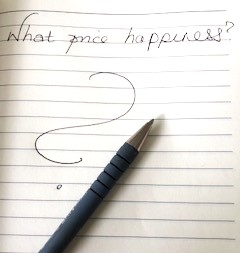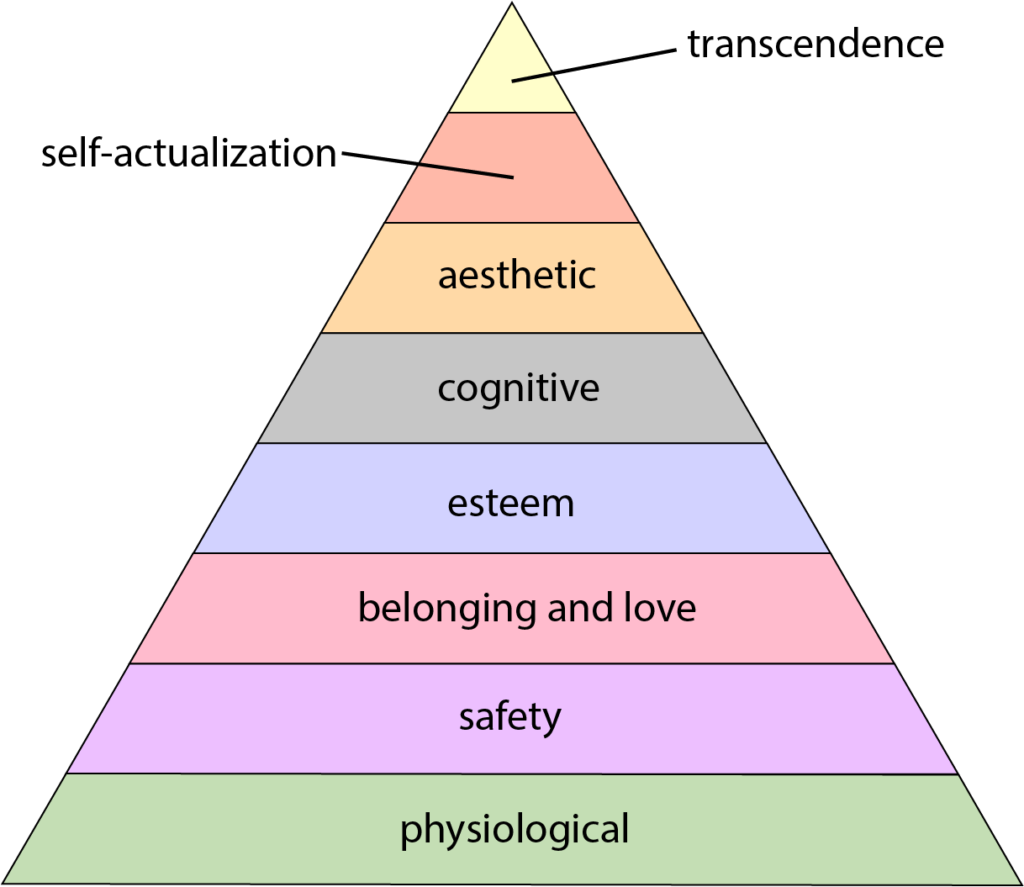This is going to be an interactive blog, so have pen and paper to hand. Ready? Let’s begin!

Each week, I find that ideas coalesce into a blog topic. This week is no different. Though the ideas came from such diverse sources as a Booker nominated novel and a Wonder Woman film, I suspect I have been filtering them for a few weeks now from any number of conversations and remarks.
I’d love to say that I have all the answers for my questions, but I have only my current interpretations. What I’d love to do is throw them out to you and see what conclusions, if any, you come to. Out of fairness, I’ll share mine!
What is happiness anyway?
Happiness for each of us is an idiosyncratic thing. What makes me happy would probably bore the average human being to tears. I am a simple soul.
But what makes you happy? Write down as much as you like in a list or free-writing. You might be surprised by what turns up.
Apart from the obvious ones of being with those I love, mine include: stroking the silky fur on Hermione’s ears, getting an uninterrupted nap in the afternoon and watching butterflies dance so effortlessly on air.
Maslow’s hierarchy of needs
Anyone involved in education or social work will have come across this pyramid. The ideas, though not the pyramid, was proposed by Maslow as a way of describing motivation. It begins at the base of the pyramid with essential physical needs such as food and water. From there it moves upwards to transcendence or spiritual needs. For a thorough look at the theory, here’ a quick guide: https://en.wikipedia.org/wiki/Maslow%27s_hierarchy_of_needs

Though not exclusively true, it is unlikely that one will be happy without fulfilling one’s physiological needs. If you are hungry or thirsty, wet or cold, it is unlikely you will feel especially content. (As always, there are exceptions – ascetic monks may reach heightened states of ecstasy whilst fasting in a dank, dark cave.)
Assuming you are enjoying the comforts of Western living, happiness should arise from having all your basic needs met. Yet, few would say this was so. Stage one being met, we look for more.
But I get away from myself. My essential question is not what brings us happiness but at what cost?
Do I want happiness at the expense of someone else – seen or unseen?
For criminals and sociopaths, the answer to this question is easy. They simply don’t care. For the rest of us, knowing that our happiness often comes at the expense of another can make us pause.

Noble though the instruction, ‘Do no harm’ may be, it is, in practical terms, impossible to achieve. No matter how carefully we select our food, use energy or choose products, something, somewhere, will pay the price.
The natural world is predatory. The hawk cannot live without taking the life of the mouse. That said, I do believe that we can increase our own happiness and that of others by being mindful of the impact we have. Knowing that my morning coffee is organic and fairly traded increases its enjoyment a little more.
We make countless decisions every day which impact the natural and human world. Since I believe, like John Donne, that ‘No man is an island’, I also believe that my happiness is bound to others. Any tiny steps I can make to further another’s happiness only augments my own.
Do I seek happiness at the expense of my relationships?
This is a constant conundrum, as it can feel like a ‘damned if you do and damned if you don’t’ scenario. For example, I love textiles, my husband has no interest in them. Do I drag him to craft shows or give them up myself? Either way: one of us will be happy and the other not.
More significantly, do you pursue a passion – let’s say a creative one – which takes you away from your loved ones for long stretches of time? Perhaps it also has a financial impact and requires the other to work harder to support you both. Historically, this has not been much of a problem for men pursuing careers, but with wives having greater opportunities and prospects, we need to think again. We are also much more aware of the cost to those self-effacing women.
The question is ultimately: Which do you value more – your self-realisation or your relationship?
Do I seek happiness at the expense of my health?
Another thorny one into which many, with the best of intentions, fall. With the pursuit of wealth and status being the siren call of modern world, too often people work longer and harder than is wise. Some will not reach the tranquil years of retirement or will do so in poor health. At that point, the exotic holidays; the desirable home and the expensive car will seem a poor substitute.

Image: Photo by Photo by Pawal Janiac on Unsplash
It is worth remembering that the Sirens lured sailors to their destruction, just as the sirens of advertising lure ourselves.
Hard work and the benefits it brings is without question a good thing. That said, we each need to look honestly at whether more will ultimately bring us, and those who care about us, less.
What other joys will I give up to achieve this happiness?
In economic terms this is referred to as opportunity cost. This means: what will you give up when selecting an alternative? Choosing to spend years studying means a loss of earnings for those years, but it may be stimulating and ultimately beneficial to your career path. Spending a large sum on an extended holiday may bring excitement but increase the time needed to save for a deposit on a home.
Decisions, decisions.
Often these choices have a much greater impact. My choice to stay at home, look after my children and work part-time torpedoed any chance of a longed for career. I have no regrets, though I confess to occasionally wondering if I’d made the right decision (generally when a child was throwing a tantrum in Sainsbury’s).
So it is really important that we identify what it is that brings us happiness and what costs we are willing to bear.
Contentment over happiness
Since happiness is such an ephemeral emotion, I prefer to look at what brings contentment. If we are lured by the promise of happiness, we may find that we make great sacrifices for things which bring only fleeting joy. How long does our pleasure last between a shopping spree and the arrival of the credit card bills? Not long.
The cost of happiness, as it is sold to us, is often far too high for ourselves and others to justify.
If we are able to clarify what actually brings us joy, we will probably find it in Maslow’s definition of transcendence.
“Transcendence refers to the very highest and most inclusive or holistic levels of human consciousness, behaving and relating, as ends rather than means, to oneself, to significant others, to human beings in general, to other species, to nature, and to the cosmos.”
Maslow, 1971
The ultimate motivation is to seek the common good and in doing so, gaining, not losing, one’s soul.

Interesting blog, Karen. I try never to drag Andy to anything he has no interest in! I wouldn’t enjoy it if I knew he didn’t want to be there. I do quite a lot of things on my own and in lots of ways it’s preferable to going with a friend, depending on what it is, of course.
Very wise, Wendy! No-one wants a tag-along and our own company is sometimes best! x